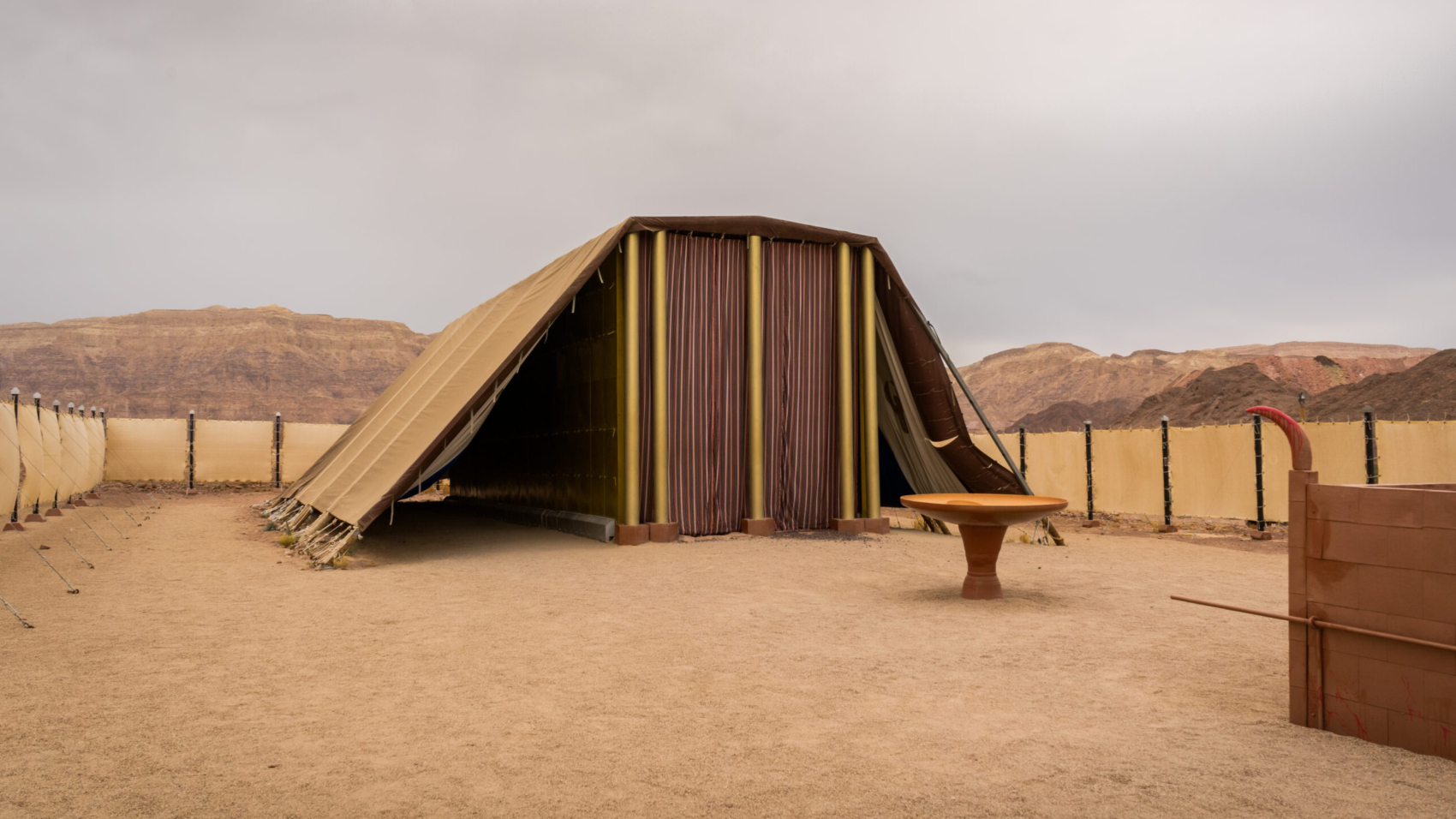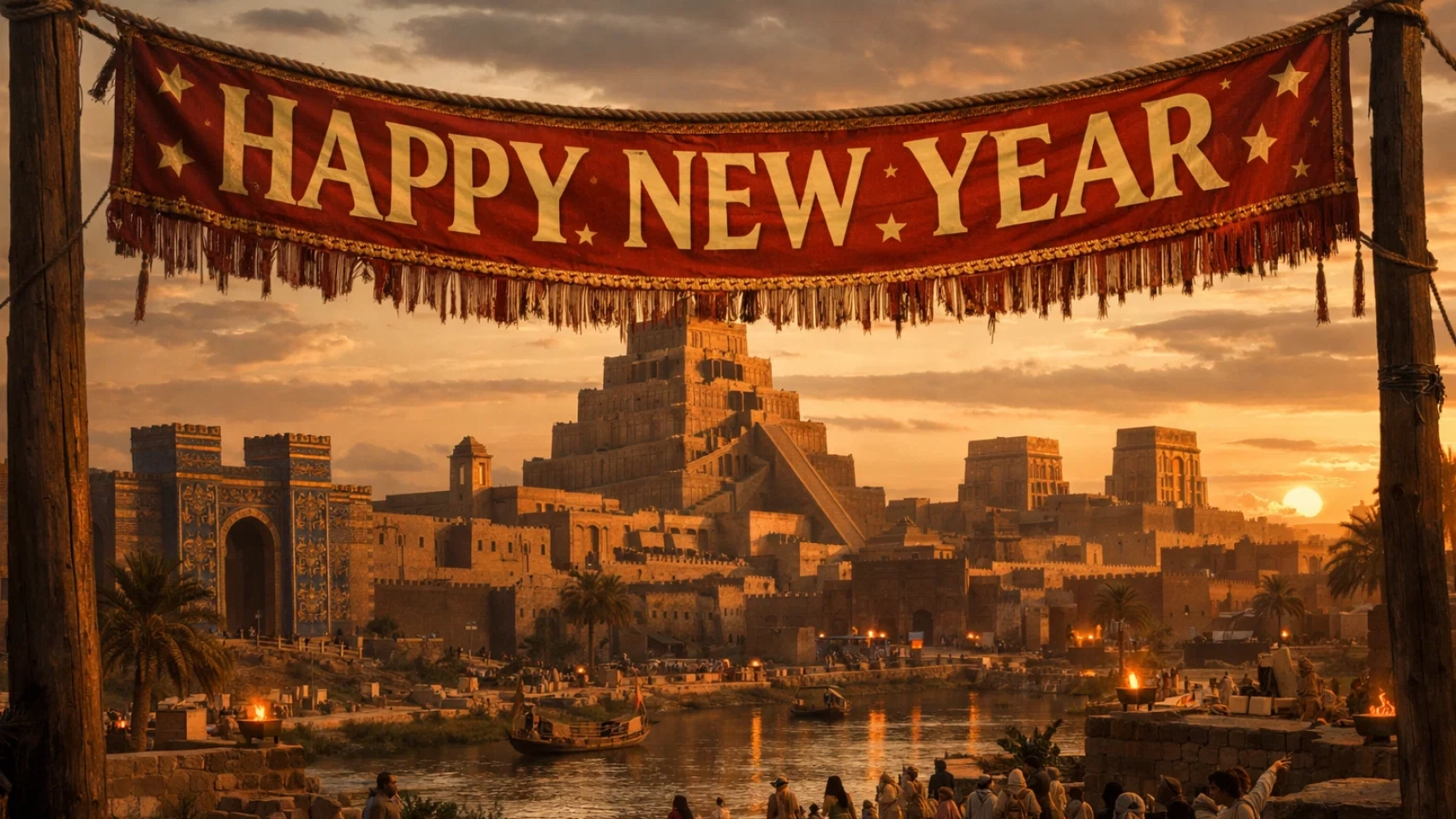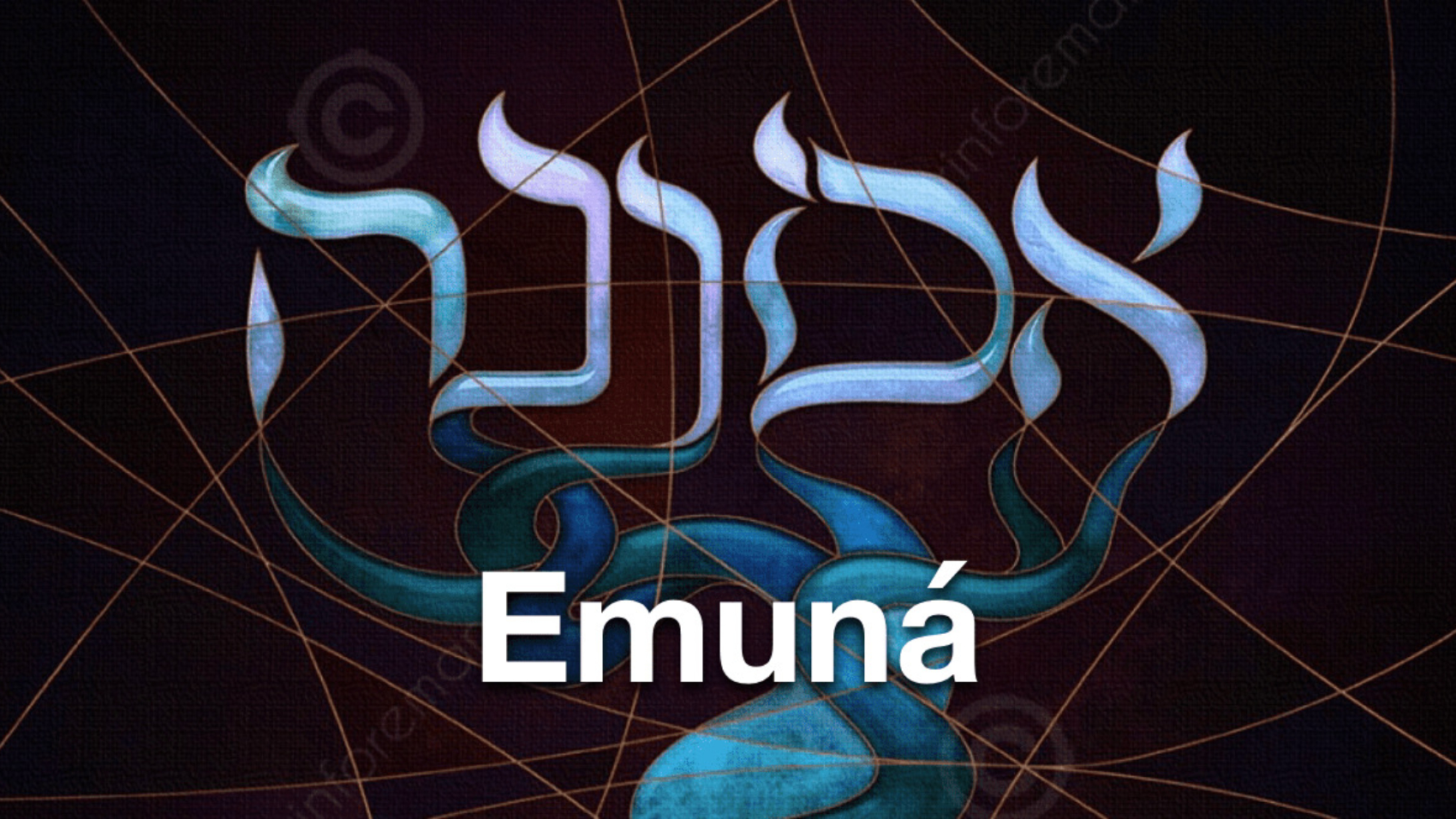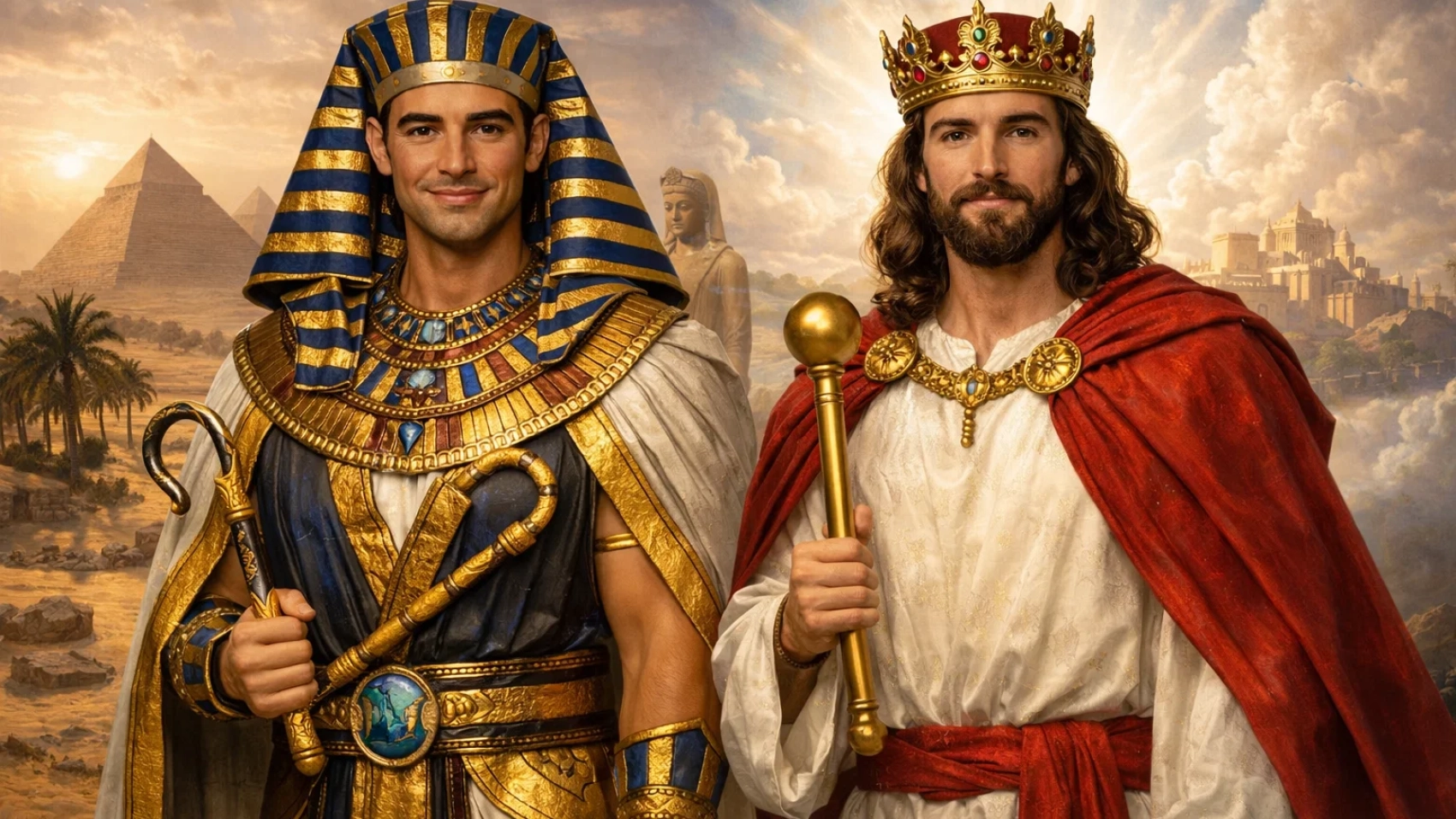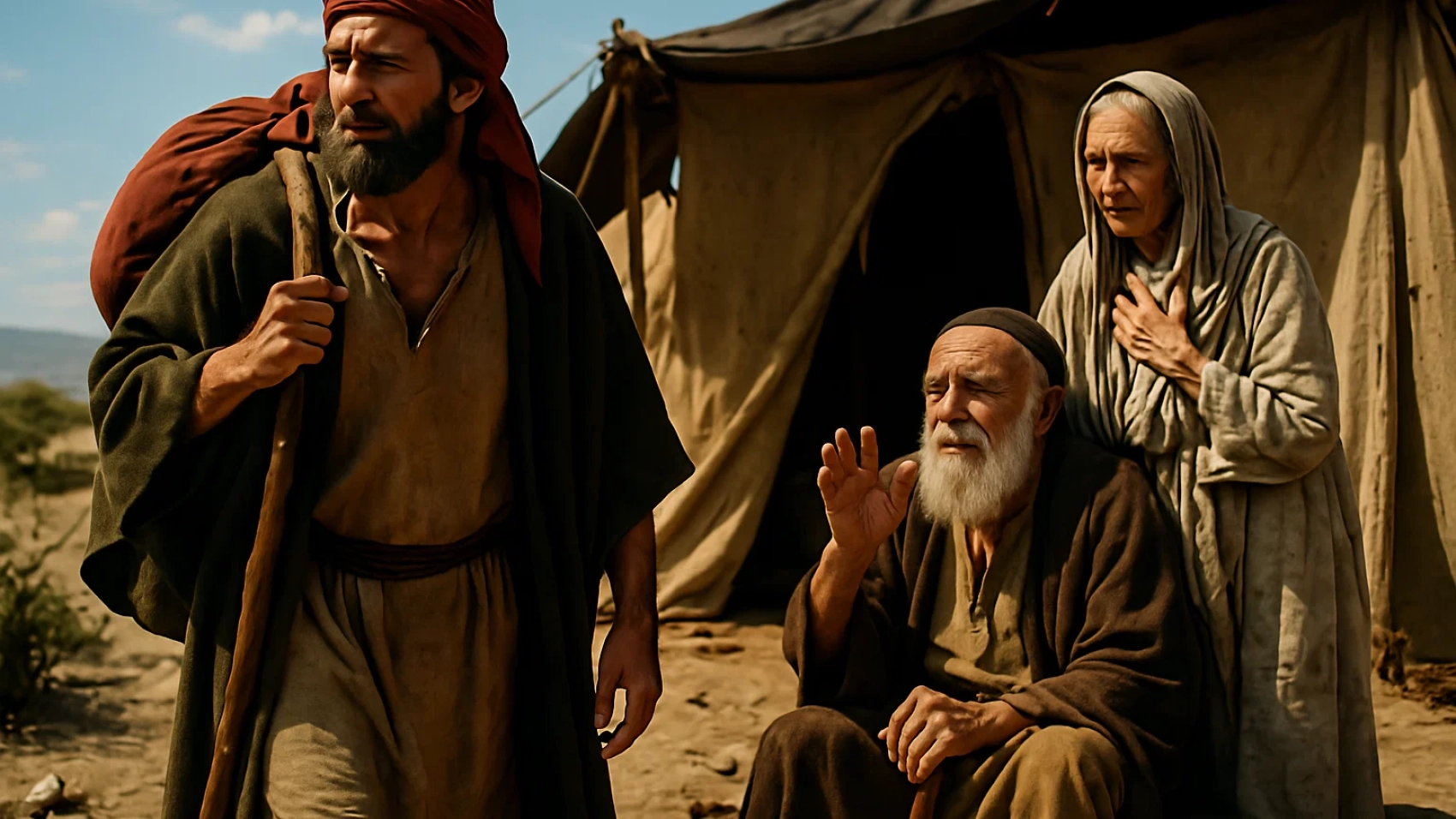A blessing is a beautiful gesture of love. It can be given to others, and it can also be received. We bless someone because that person matters to us—someone for whom we desire good, someone we respect. And when someone blesses us, it lifts us up; it means that person genuinely wants the best for us.
It’s hard to think about a blessing, or the act of blessing, apart from the Christian context in which many of us learned the word. It’s rare to hear of someone blessing another outside a Christian Community setting, a congregation, or a gathering of believers.
The word blessing comes from the Latin benedicere, which simply means “to speak (dicere) well (ben): To say something good, to pronounce a good word over someone… by that definition, a blessing and a compliment do not seem all that different.
But what can we learn from this word in Hebrew?
בְּרָכָה (brajá)
The first time the concept of blessing (as an action) appears in Scripture is in the very first chapter of Genesis, when the Creator blesses the animals in the water and the air, commanding them to be fruitful and multiply. As we will see, a blessing in the Torah is always tied to granting something. In this case, the Eternal gives the animals the capacity to be fruitful and multiply.
The first time the word brajá appears as a noun in the Torah is in Genesis 12:2, where the Most High tells Abraham that He will bless him—and that Abraham himself will become a brajá.
Later we see how Ya’akov receives the brajá that belonged to Esav (Gen. 27:35–38). Again, a blessing is something “given” from father to son. We see this ritual again in Genesis 49, when Ya’akov blesses his sons.
Just as a father gives a blessing to his son, we also see how Yehovah, our heavenly Father, grants His blessings to us on earth:
…then I will command My blessing for you in the sixth year, and it will bring forth produce for three years.
Leviticus 25:21
In all these cases, a blessing—in the biblical sense—is closely tied to the idea of giving something. In this last example, it is an abundant harvest before the Jubilee year. In the case of fathers, they gave a portion of all they possessed (their inheritance) to their sons, with the firstborn receiving a double portion.
When we look at the Hebrew word brajá and examine its root, we find the word berej (ברך), which means “knee.” A blessing can move in two directions: a father blessing his child is one, and the other is when we bless our heavenly Father. In that case, we kneel before Him, as we see in the following passage:
…Solomon had made a bronze platform, five cubits long, five cubits wide, and three cubits high, and had placed it in the center of the court; he stood on it, then knelt down before all the congregation of Israel and spread out his hands toward heaven.
2 Chronicles 6:13
To this day, many people kneel to pray or to bless the Eternal. In Jewish tradition, when blessings are recited, it is customary to bend the knees as a sign of reverence, honoring this ancient practice.
